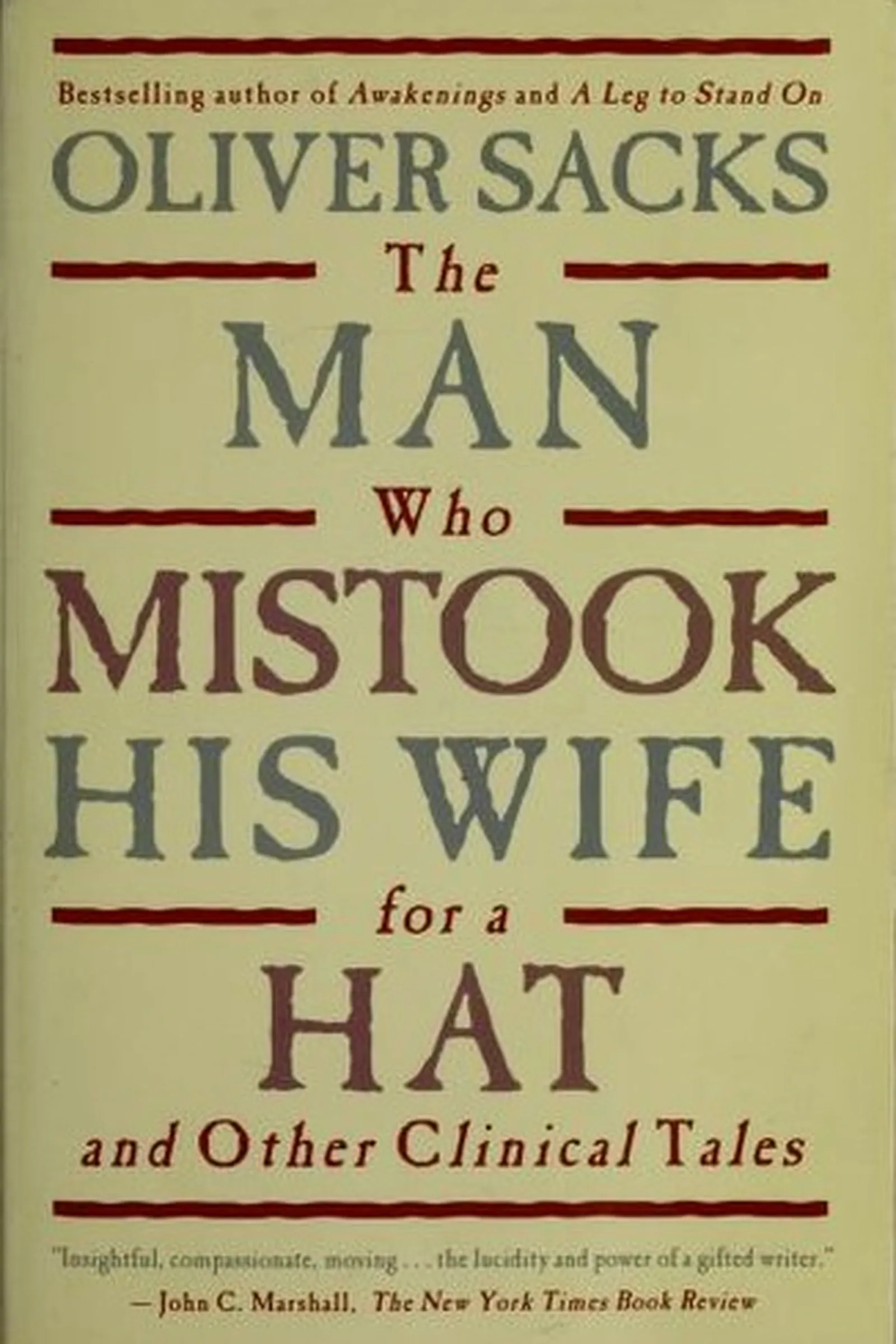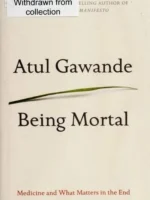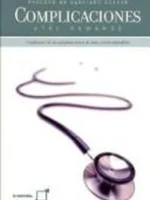The Man Who Mistook His Wife for a Hat, Oliver Sacks, 1985
- Author: Oliver Sacks
- Genre: BioMedicine
- Publisher: Simon & Schuster (Touchstone)
- Publication Year: 1980
- Pages: 243
- Format: Paperback
- Language: English
- ISBN: 978-0684853949
- Rating: 4,1 ★★★★☆
The Man Who Mistook His Wife for a Hat Review
About
Published in 1985, Oliver Sacks’s The Man Who Mistook His Wife for a Hat is a collection of case studies exploring the mind’s strangeness and resilience. Sacks, a neurologist with a poet’s soul, presents patients not as oddities but as people—each revealing the mystery of human consciousness. The title story, about a man with visual agnosia who cannot recognize faces or objects, sets the tone for a work that transforms neurology into literature. It’s science written with empathy, curiosity, and wonder.
Overview
The book is divided into four parts—“Losses,” “Excesses,” “Transports,” and “The World of the Simple”—each exploring different neurological phenomena. From memory loss to phantom limbs, Sacks portrays patients as explorers of unknown mental landscapes. His storytelling blends medical precision with compassion, showing that even when the brain malfunctions, the human spirit adapts. It’s a study of identity as much as illness—how we remain ourselves when our minds betray us.
Summary
(light spoilers) The title case features Dr. P, a musician who mistakes his wife for a hat due to his brain’s inability to perceive objects as wholes. Other stories include a man who regains consciousness after decades of immobility, a woman who loses her sense of balance and learns to navigate the world anew, and patients whose neurological “deficits” reveal extraordinary compensations. Sacks’s great achievement is how he lets each story illuminate the universal—memory, perception, joy, loss. The final impression is less about pathology and more about the vast, strange beauty of being human.
Key Themes / Main Ideas
• Identity and perception — who we are when our minds change.
• Empathy in medicine — seeing patients as individuals, not diagnoses.
• Adaptation — the brain’s resilience and creativity.
• The poetry of science — wonder as a diagnostic tool.
• Storytelling — narrative as a bridge between medicine and meaning.
Strengths and Weaknesses
• Strengths — Elegantly written, profoundly humane, and endlessly curious.
• Strengths — Sacks’s voice balances clinical precision with emotional warmth.
• Weaknesses — Some medical terminology may feel dated.
• Weaknesses — The romantic tone occasionally idealizes suffering, but never dehumanizes it.
Reviewed with focus on themes, audience, and takeaways — Oliver Sacks
| pa_author | Oliver Sacks |
|---|---|
| ISBN | 978-1-827-78670-4 |
| pa_year | 1997 |
| Pages | 449 |
| Language | English |







